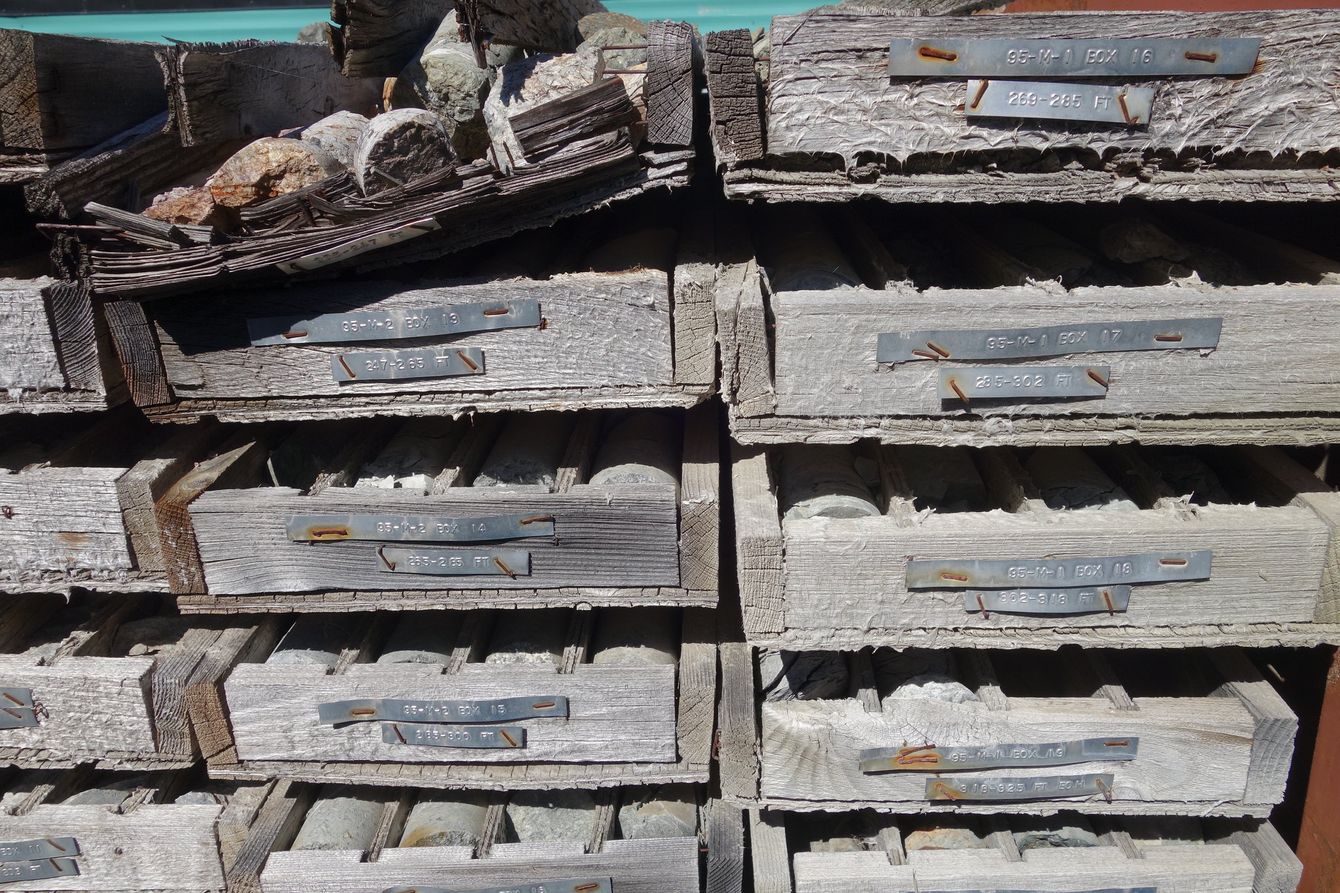LONDON, April 17 (Reuters) - Mining and trading house Glencore (GLEN.L) aims to take thousands of metric tons of Russian aluminium from the London Metal Exchange (LME) and return it at a later date to profit from rule changes, three sources familiar with the matter said.
The LME has banned from its system Russian aluminium, copper and nickel produced from April 13 to comply with new U.S. and UK sanctions imposed over Russia's invasion of Ukraine.
For metal produced before April 13, the rules differentiate between Type 1 and Type 2 Russian warrants - title documents conferring ownership.
The distinction creates a trading opportunity for companies such as Glencore, which has a multi-year contract with Russia's Rusal, the world's largest aluminium producer outside China.
The contract expires in the second half of 2024. Detail of how much metal it covers has not been made public.
London-listed Glencore (GLEN.L) declined to comment.
Under the new rules, the Type 1 contracts allow UK LME members and their clients to freely trade Russian metal warrants in existence before April 13.
The Type 2 category covers Russian metal produced before April 13 but not yet on LME warrant, and which UK companies can only trade or take physical delivery of for non-UK clients.
That makes it more likely the metal will remain in the LME system, providing scope for what are known as "rent deals," or agreements that allow LME warehouses to share their fees, or rental income, with companies that deliver metal to them.
